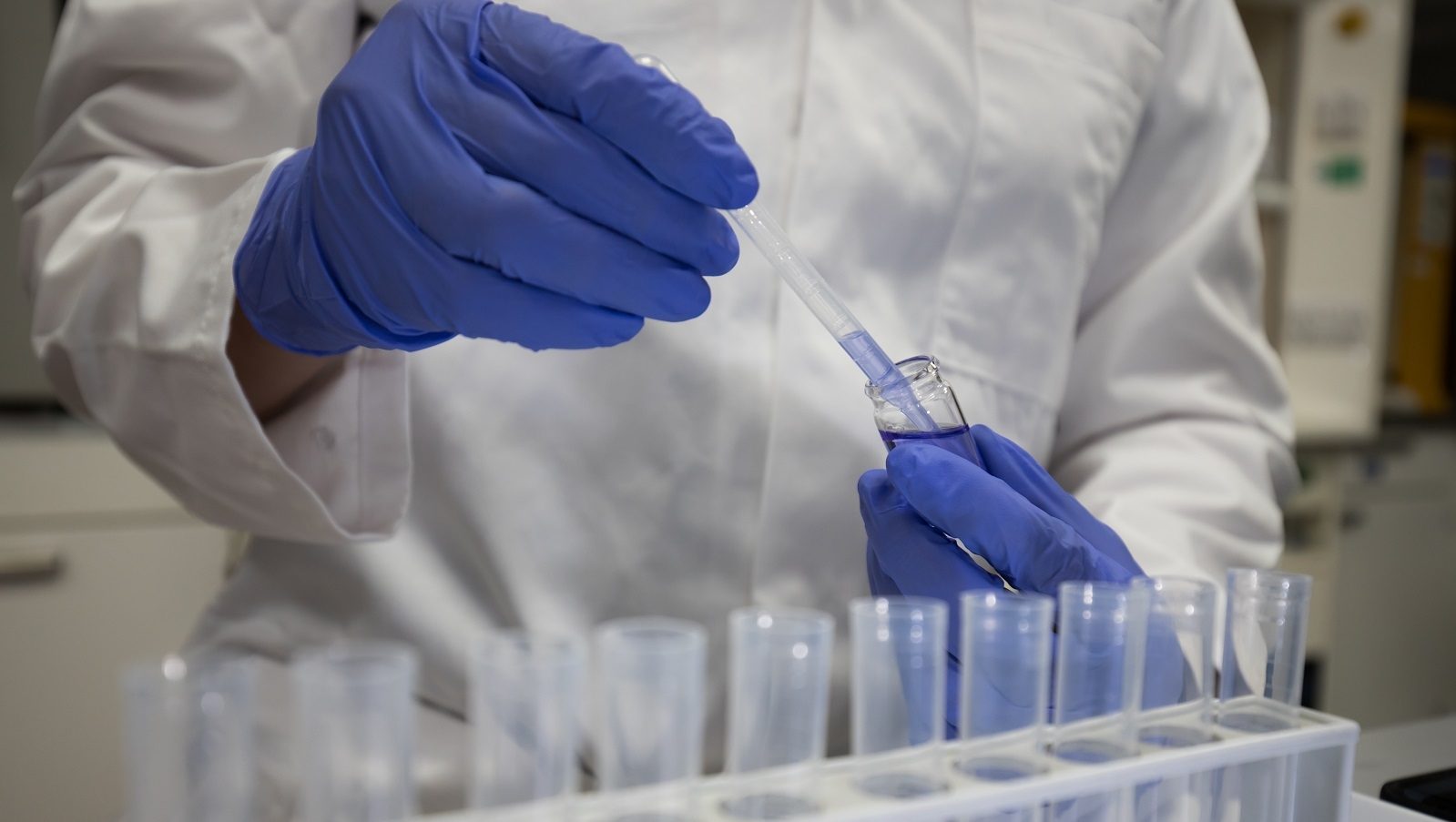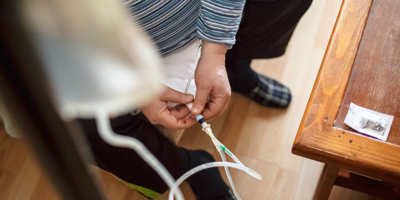
George Health
George Health was established in 2014 to commercialise the research of The George Institute. Its businesses, George Medicines and Ellen Medical Devices, benefit from exclusive access to the research, intellectual property, and scientific expertise of the Institute, which enables George Health to execute a profit with purpose strategy to reduce the inequitable social and economic burden of non-communicable diseases globally.
Find out more about the work of the George Health businesses here: George Medicines website and Ellen Medical Devices website.




